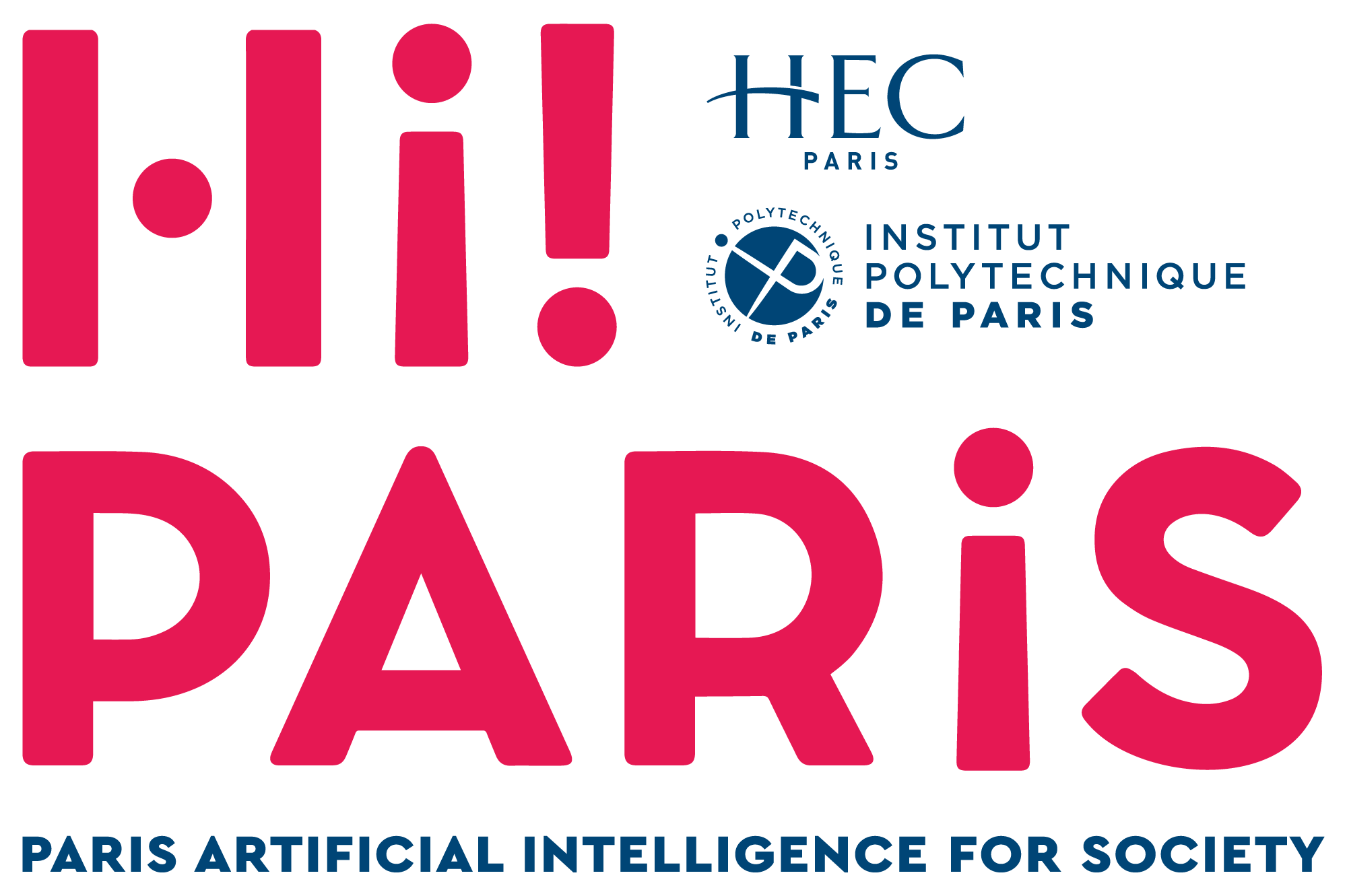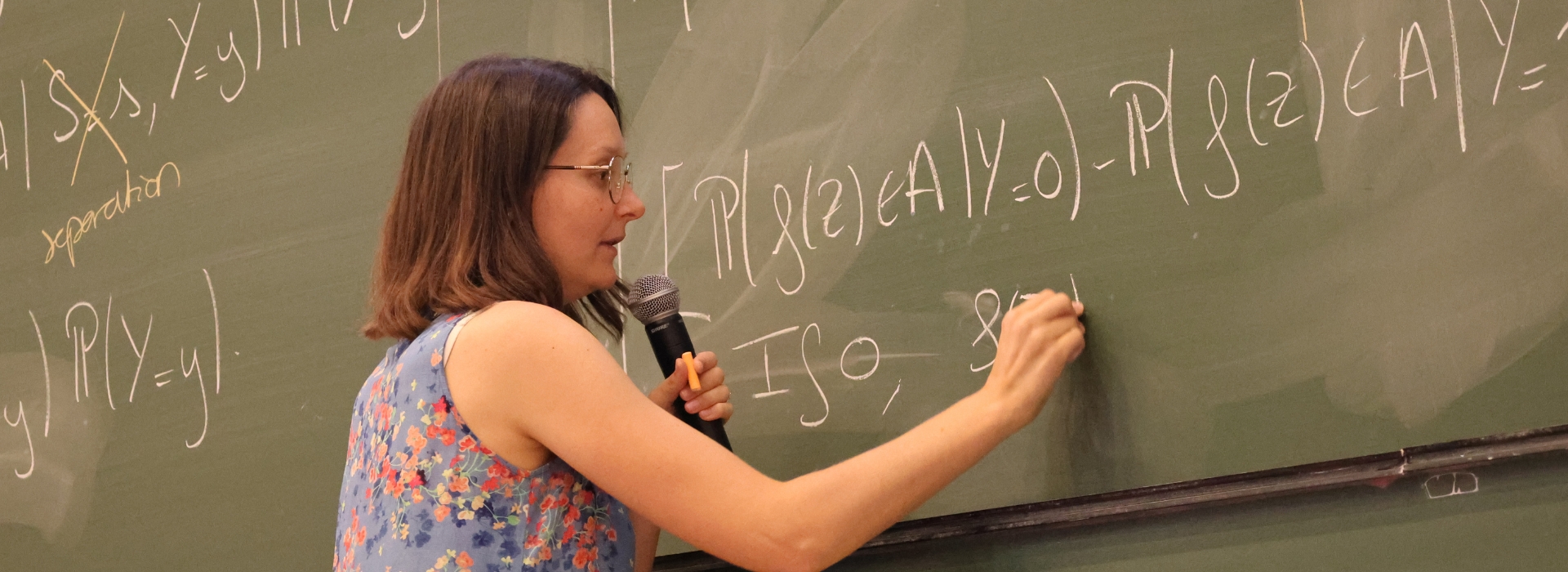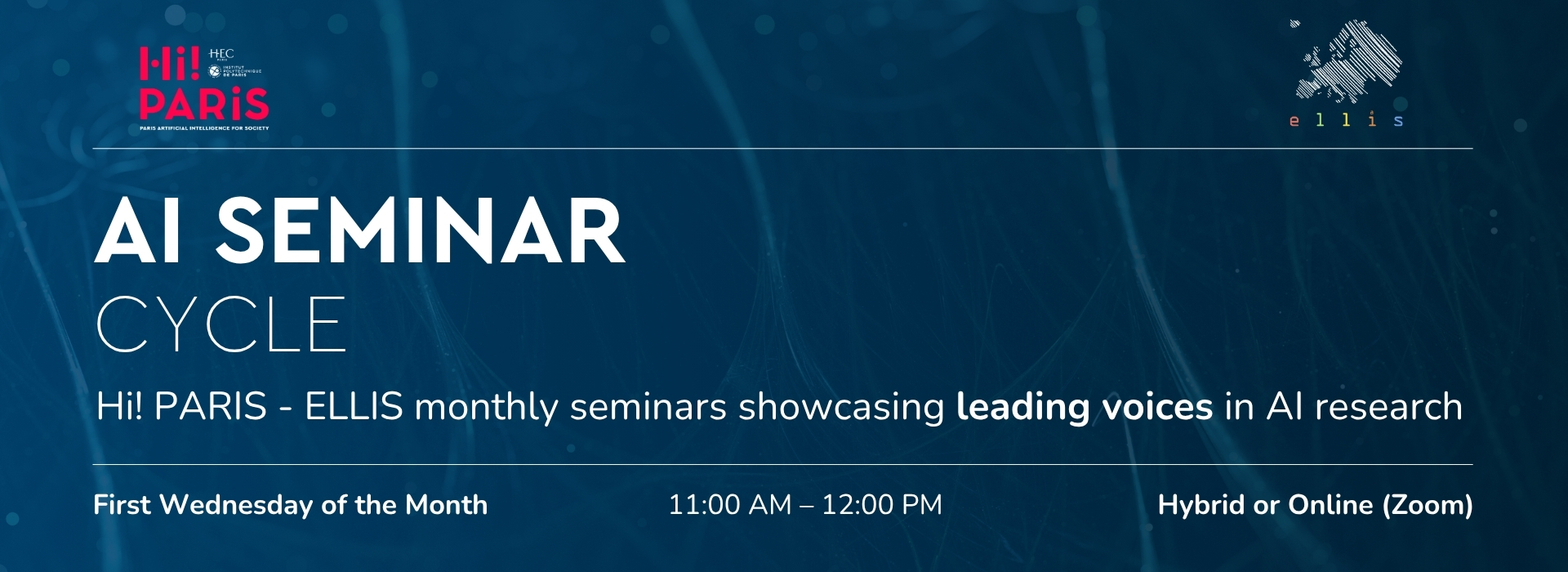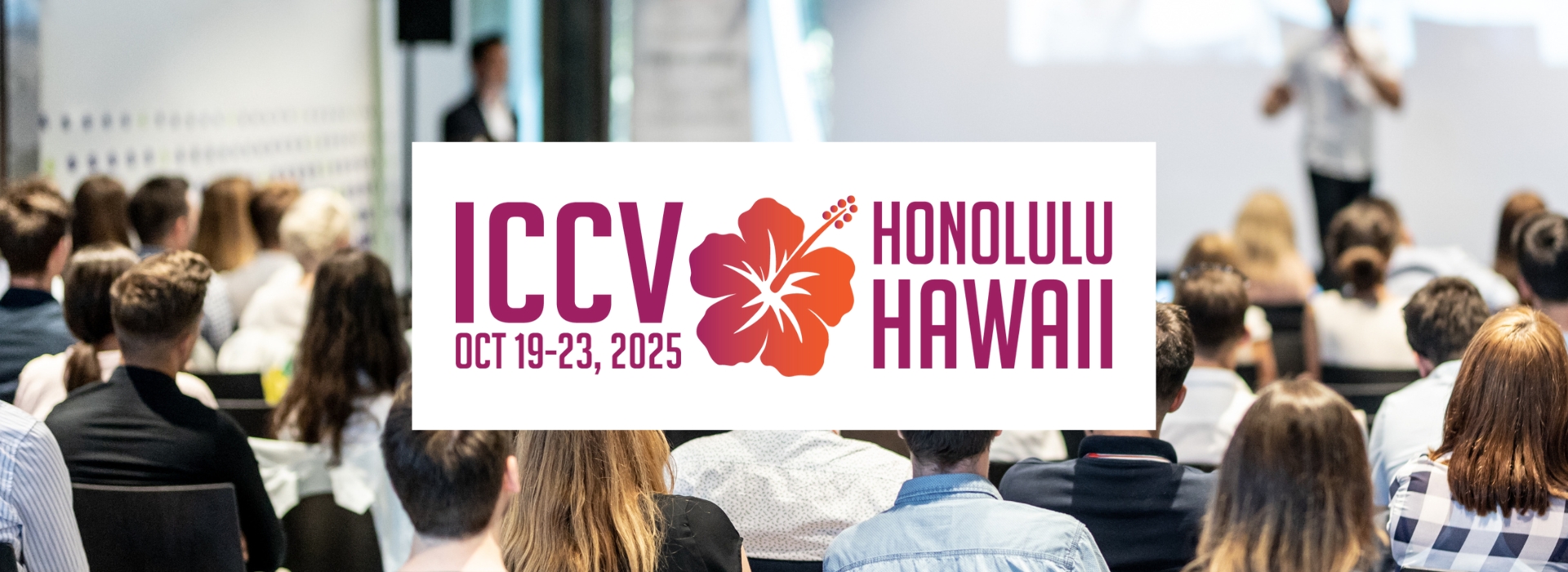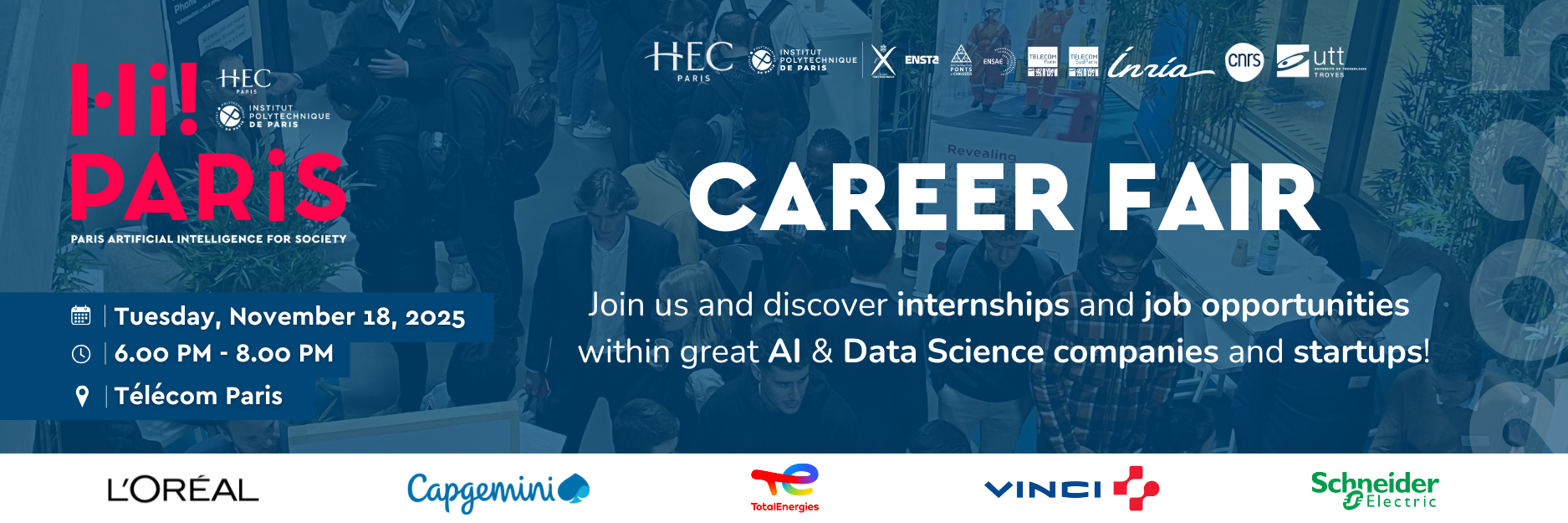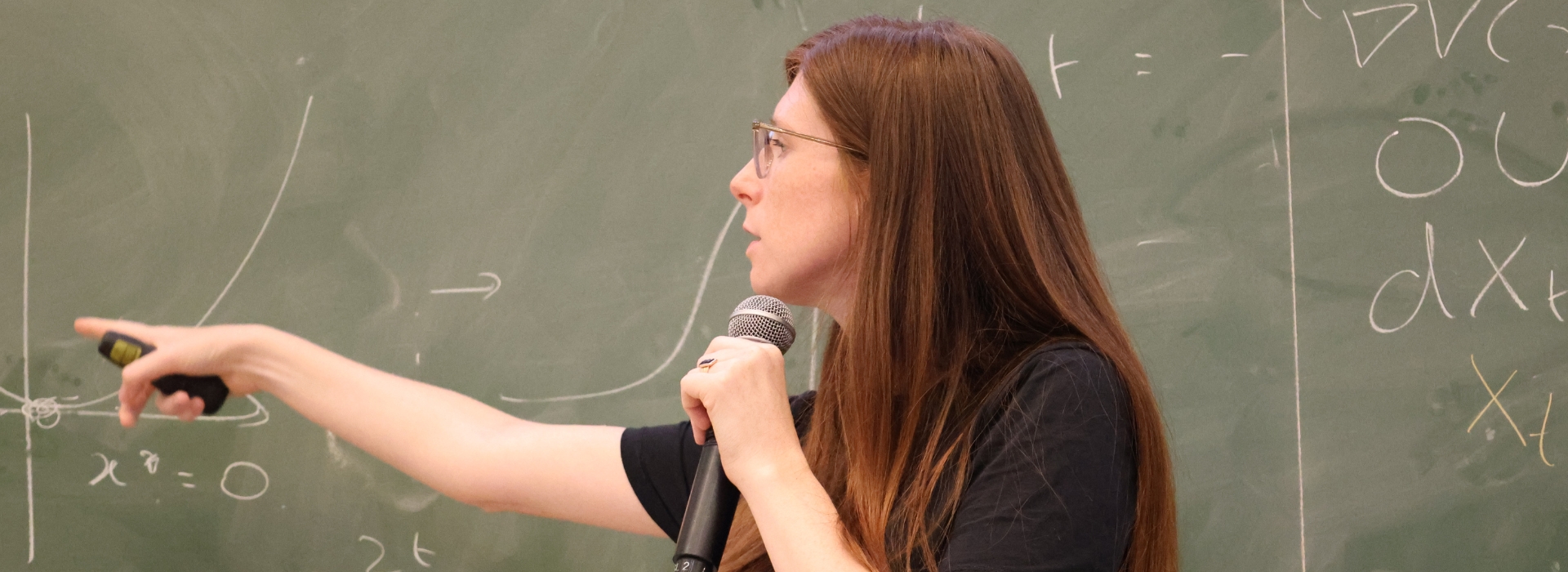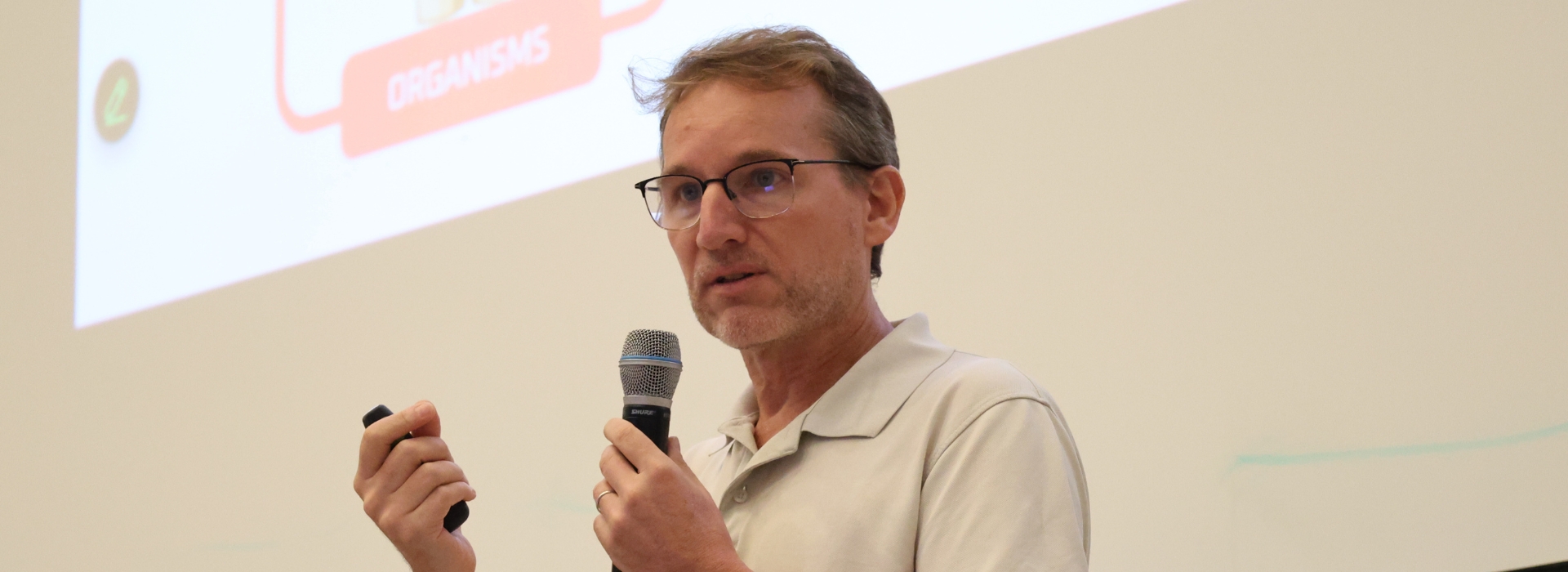The call is open only to Hi! PARIS has launched the 2026 Internal Fellowship call to support long-term research and teaching in AI and Data Analytics for Science, business and society. The program provides funding for internal researchers from the Hi! PARIS Cluster 2030 and offers an annual budget with flexibility in allocation between salary, research […]
At this year’s Hi! PARIS Summer School, Solenne Gaucher (École polytechnique) shed light on the growing challenge of fairness in AI. As algorithms trained on biased data shape decisions at scale, she reminded us that fairness is neither only a mathematical problem nor only an ethical one. Instead, it sits at the intersection of both, and demands attention from scientists, policymakers, and society alike.
The Hi! PARIS AI Seminar Cycle is a monthly series showcasing leading research in Artificial Intelligence and Data Science. Held on the first Wednesday of each month, it brings together top scholars, students, and partners to explore AI’s scientific, business, and societal impact across key themes such as foundation models, trustworthy AI, and AI for science and engineering.
From October 19 to 25, Hi! PARIS researchers will be in Honolulu, Hawaii, for the International Conference on Computer Vision (ICCV 2025), one of the most important gatherings worldwide in the field. 10 papers from Hi! PARIS affiliated teams have been accepted this year, a recognition of the quality of our work across partner institutions.
The Career Fair event organized by Hi! PARIS Center offers our students the opportunity to identify potential future internships and job opportunities in AI and Data Science, receive career advice, and engage in discussions with the participating companies and startups.
We are proud to announce that Anna Korba, Assistant Professor in Statistics at CREST-GENES, Professor at ENSAE Paris, and Hi! PARIS Affiliate, has been awarded a European Research Council (ERC) Starting Grant for her project OptInfinite.
Optimal Transport for Machine Learning is in the spotlight of the Hi! PARIS Reading groups in October-December 2025, a scientific networking action gathering affiliates and corporate donors around important topics of the moment!
At this year’s Hi! PARIS Summer School, Anna Korba (ENSAE Paris) took a fresh look at Langevin diffusions, an old idea from physics that’s quietly becoming central to generative modeling. As machine learning and mathematics increasingly overlap, she invites us to pay closer attention to what’s happening under the hood of today’s most talked-about models.
AI is no longer a support tool in biology, it’s becoming a scientific partner.”
At the Hi! PARIS Summer School 2025, Jean-Philippe Vert (Bioptimus) explored how AI is impacti biomedical research. From protein folding breakthroughs like AlphaFold to in silico simulations of disease, Vert made the case for a new era where biology’s complexity meets AI’s learning power. The next frontier? Models that understand life across molecules, cells, and entire organisms.
Ioannis Stefanou, new Hi! PARIS Chair-holder and Professor at ENSTA, is combining AI, mechanics, and physics to advance the energy transition. His work explores how technologies like geothermal energy and hydrogen storage can be modeled through physics-informed AI, creating smarter, more sustainable systems for the future.
